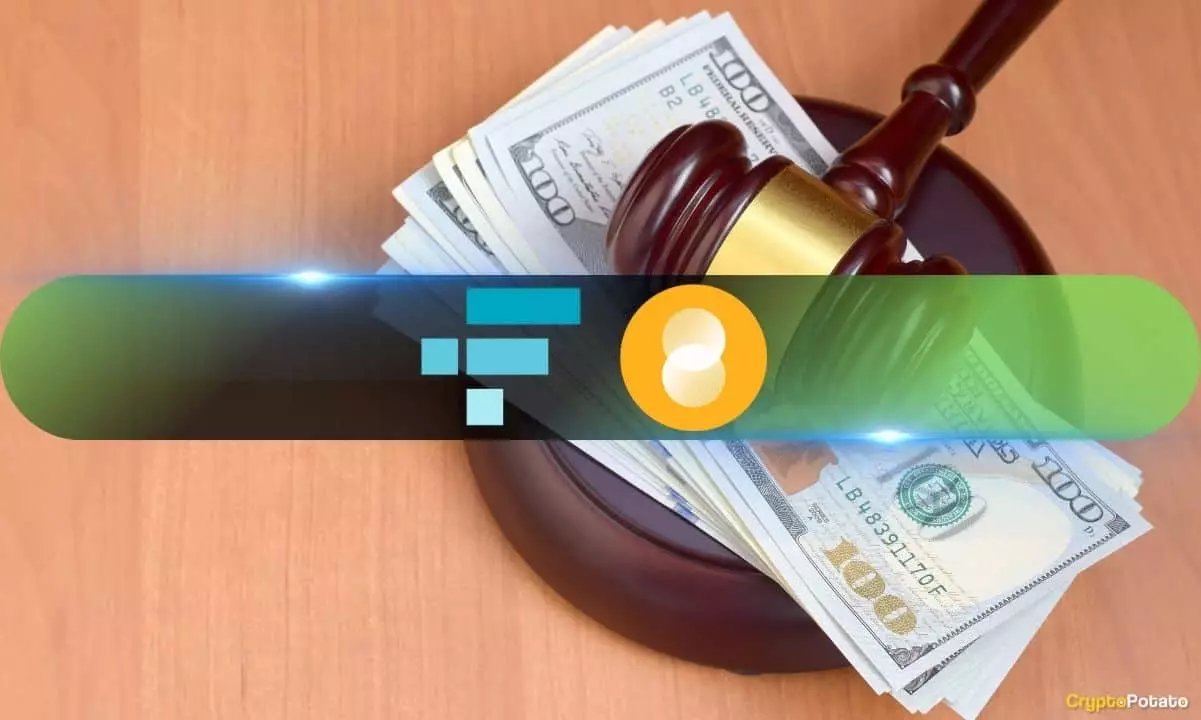In a significant development for the beleaguered cryptocurrency exchange FTX, the company has agreed to a settlement with Bybit, its executives, and Mirana, the investment arm of Bybit. Announced in a court filing on October 24, this settlement is anticipated to yield approximately $228 million, a crucial sum earmarked for repaying creditors affected by FTX’s insolvency. The sudden collapse of FTX in late 2022 marked one of the most notable crises in the cryptocurrency sector, leading to extensive litigation as the exchange strived to recover assets and compensate those it owed.
The terms of the settlement stipulate that FTX will reclaim $175 million in digital assets from Bybit, along with an additional $52.7 million from the sale of BIT tokens to Mirana. This structured resolution is not merely a legal maneuver but a strategic financial decision aimed at stabilizing the FTX bankruptcy estate. By avoiding prolonged litigation—which not only saps resources but also introduces uncertainty into the outcome—FTX hopes to expedite the return of funds to its creditors. The timing is crucial; creditors, particularly former customers who lost significant amounts during FTX’s downfall, are anxiously awaiting compensation.
FTX has also requested that the court waive the usual 14-day waiting period for asset distribution, indicating the urgent need for liquidity in its recovery process. A hearing scheduled for November 20, 2024, will ultimately confirm the terms, positioning this case as a pivotal moment in the winding down of the FTX saga.
The lawsuit that led to this settlement was filed precisely one year after FTX’s catastrophic failure. Originally, the FTX estate sought an astonishing $1 billion from Bybit and Mirana, alleging that Bybit exploited privileged access to withdraw substantial sums even while FTX had frozen withdrawals for regular users. Such accusations highlight serious ethical breaches and operational failures in the rapidly-evolving cryptocurrency landscape. Bybit’s purported actions—taking advantage of an unstable situation—were deemed by the FTX estate as tantamount to holding their assets “hostage.”
As FTX trudged through the bankruptcy labyrinth, the company’s focus remained on maximum asset recovery from various entities, including governmental bodies. Following the approval of FTX’s bankruptcy plan on October 7, which assured 98% reimbursement of user claims at 118% of their value, the momentum seems to be shifting toward a more favorable resolution for the stakeholders involved.
The collapse of FTX has edged the industry closer to a pivotal moment for regulatory reform. With a staggering $12.7 billion amassed in total settlement fees from regulatory actions—including those against FTX and its sister firm Alameda—the aftermath of this case serves as a cautionary tale. These repercussions underscore the necessity for stringent guidelines in an often opaque sector, where the stakes are extraordinarily high.
The resolution of the lawsuit against Bybit serves as both a pathway for FTX to rehabilitate its financial obligations and a critical juncture for the broader cryptocurrency industry, emphasizing the urgent need for regulatory clarity and ethical practices within the space. As stakeholders await court approval, the anticipated financial benefits could provide a lifeline to those impacted and set a precedent for how similar cases may be handled in the future.













